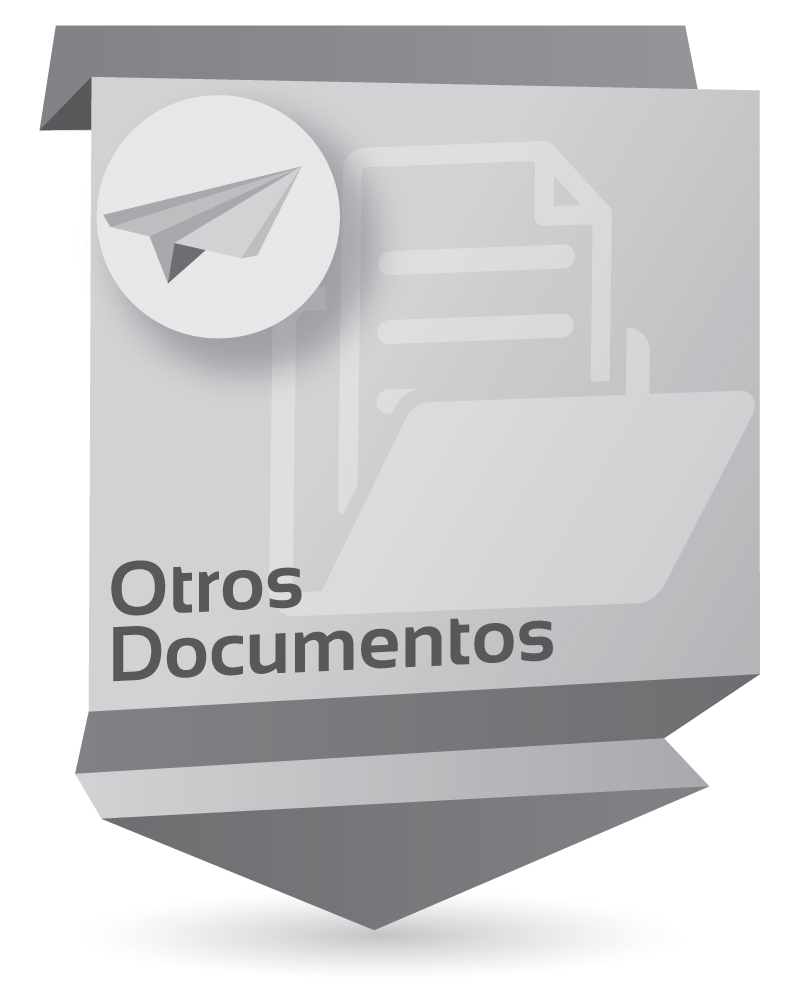Validation of the family needs assessment scale (FNA) for families of children with intellectual disabilities in Bogotá-Colombia

View/
Item Links
URI: http://hdl.handle.net/10818/22866Compartir
Statistics
View Usage StatisticsMetrics
Bibliographic cataloging
Show full item recordAuthor
Aya Gómez, Viviana LucíaDate
2016Abstract
The current dissertation aimed to provide evidence to support the validity of the Family Needs Assessment Scale (FNA), for families of children with intellectual disability in the city of Bogotá-Colombia. 328 primary caregivers of children diagnosed with intellectual disabilities participated in the study. The FNA is a 77- item self-report measure developed by an international research team. The response stem enables respondents to indicate the level of need on a five-point likert-type scale, across 11 theory-based domains. These domains were proposed by Zuna, Summers, Turnbull, Hu and Xu (2010) within the Family Quality of Life (FQOL) theoretical model. Results from the confirmatory factor analysis (CFA) indicated poor fit between the data and the 11 FQOL theory-based domains of family needs. Subsequent findings from the exploratory factor analysis (EFA) showed a 68-item distributed in a 5-factor solution. Cronbach´s alpha coefficients for each factor and for the overall FNA scale were also estimated. Specifically, alpha computed from the correlation among the 68 items was .97 and ranged from .81 to .96 for the five factors. Findings from this study provided evidence to support the validity of the FNA for families of children with intellectual disability in the city of Bogotá-Colombia. Also, indicated that the FNA has the potential of contributing to a better understanding of inputs (e.g. needs of families with individuals with disability) with the aim to inform system decisions, enhance policies, improve services, and strengthen family-professional partnerships. This, considering that in order to implement aforementioned aspects, exploring family needs is the first step in a family-unit level, to ultimately improve their FQOL.
















